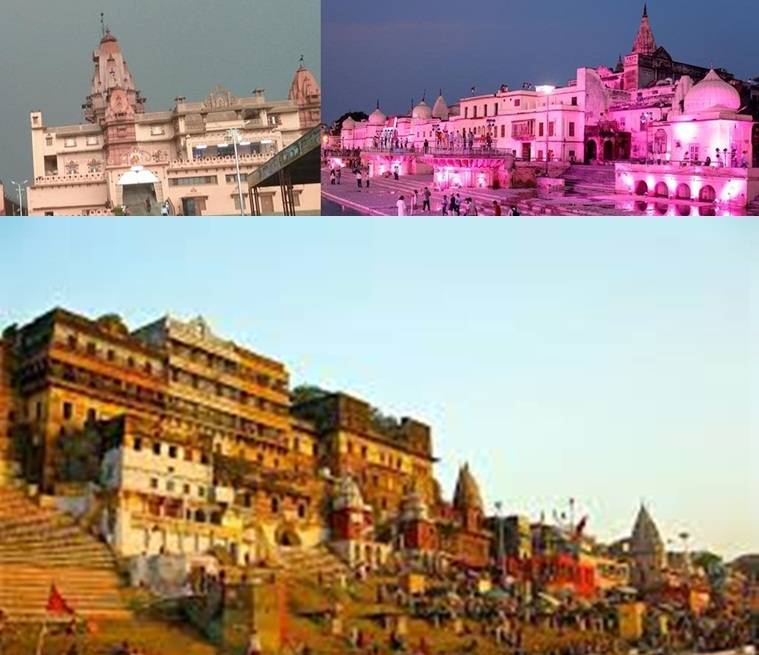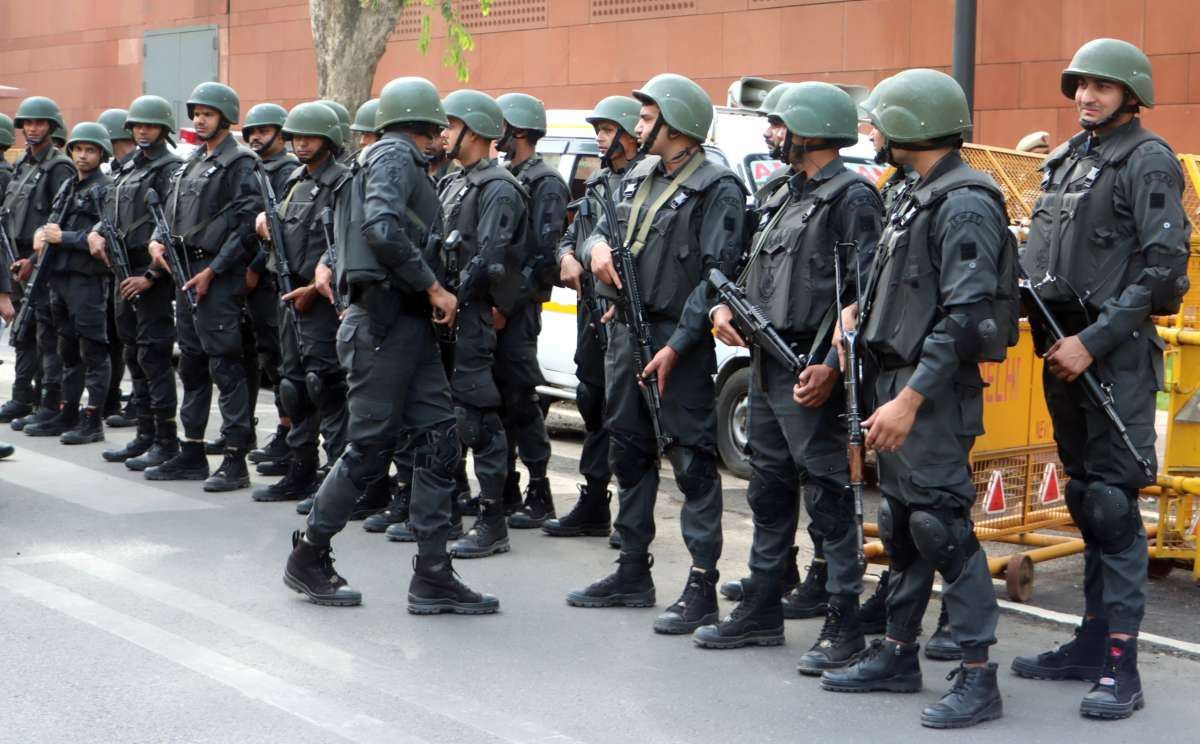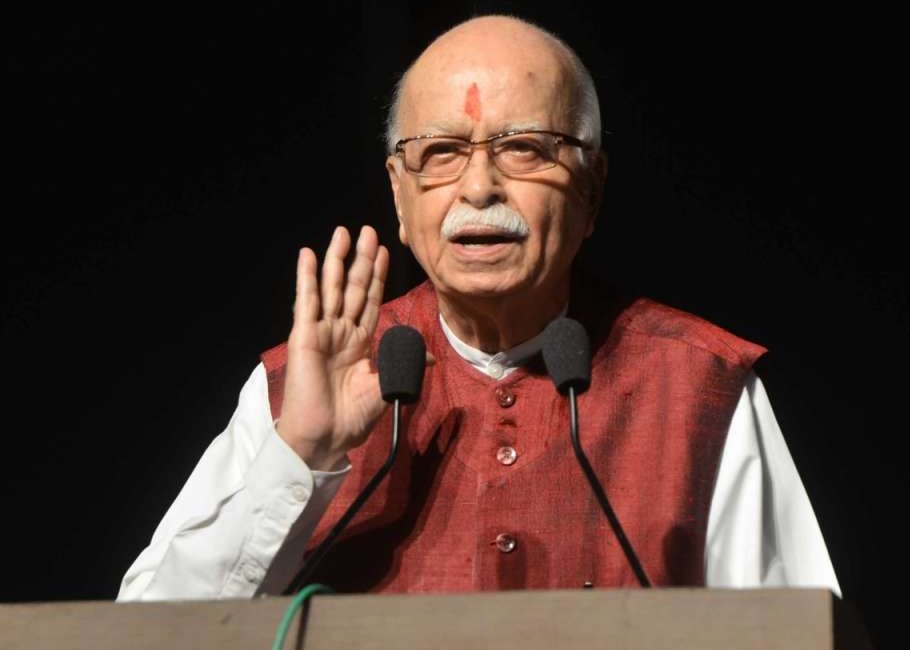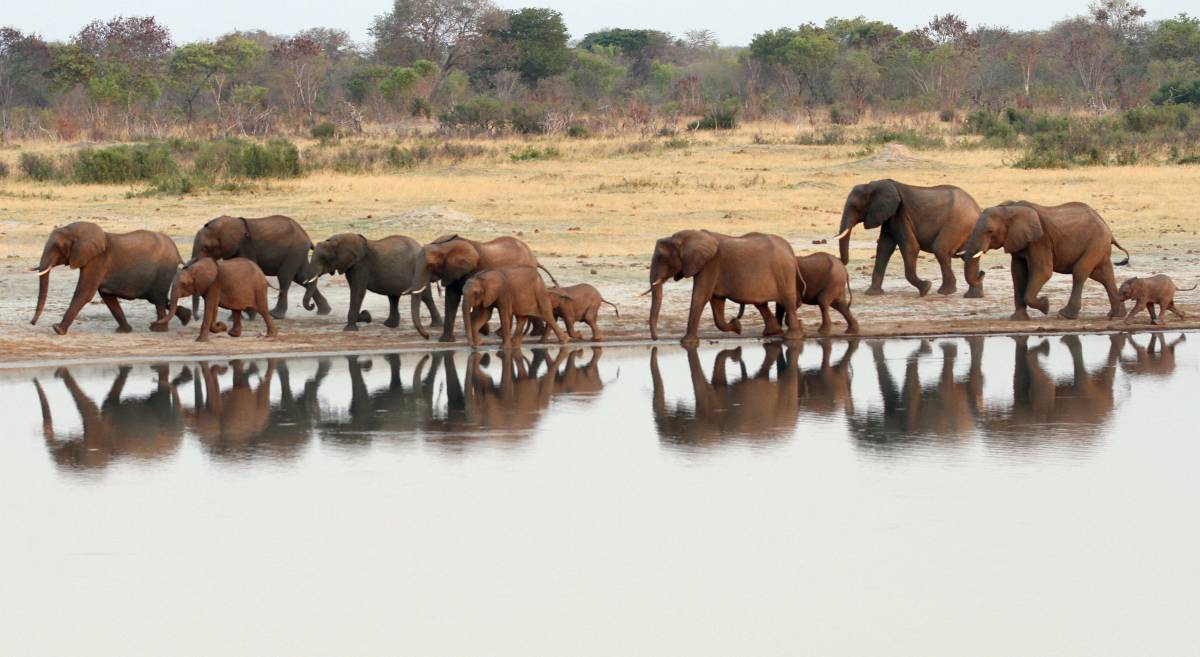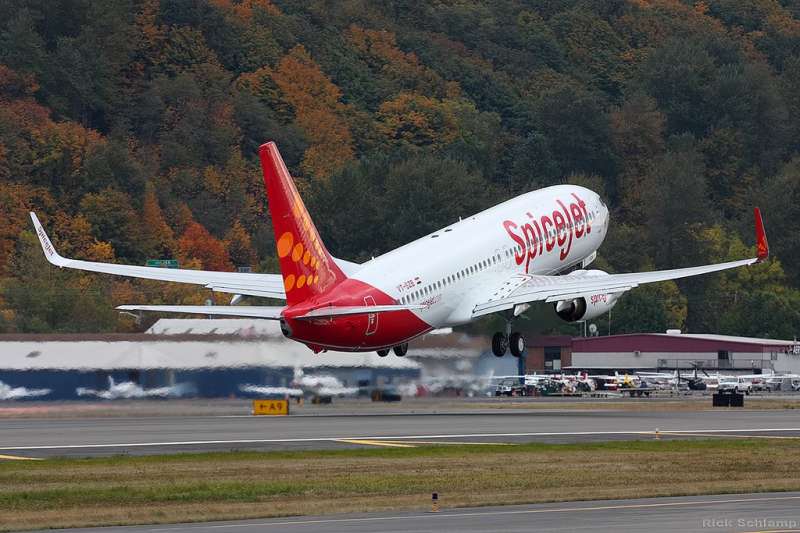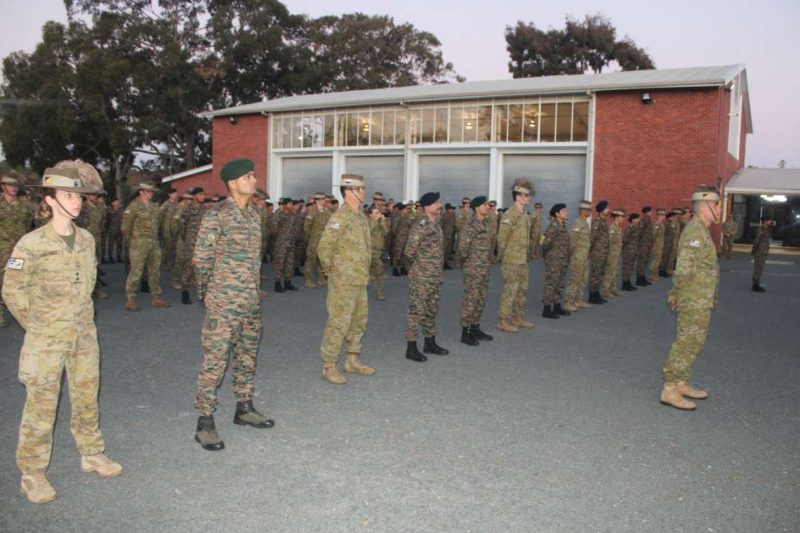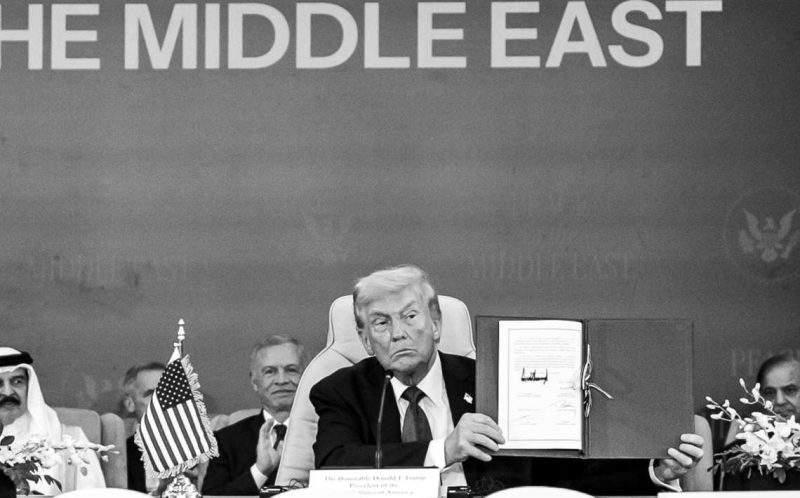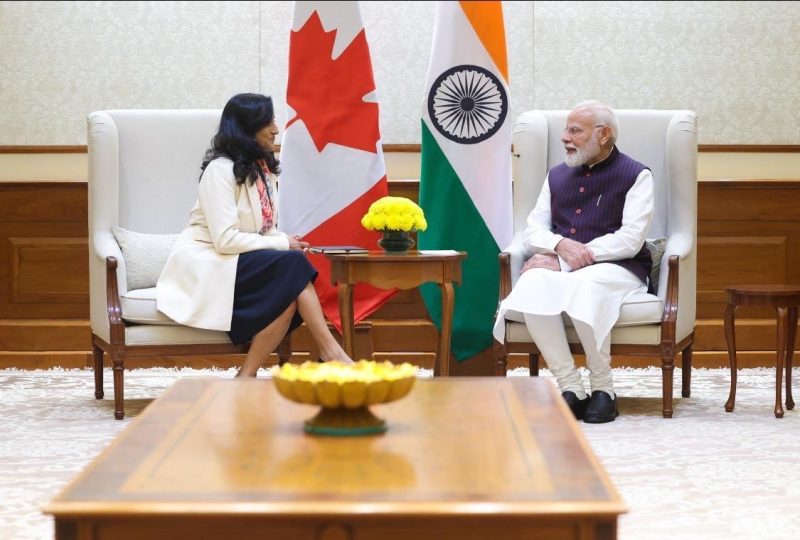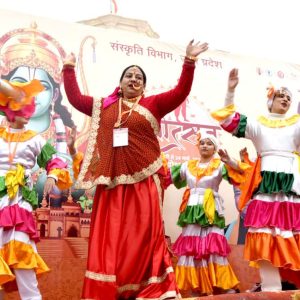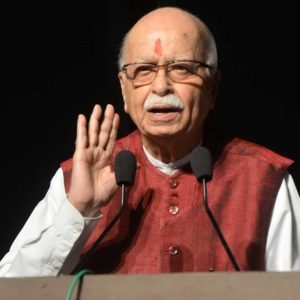Mathura, and also Kashi, are not feasible as election issues for the 2022 polls in Uttar Pradesh and the Bharatiya Janata Party seems to have realised this well in time…reports Amita Verma
“Ayodhya hui hamari, ab Kashi-Mathura ki baari’ (Ayodhya is ours, now it’s the turn of Kasi-Mathura) — this was a tweet put out by Uttar Pradesh deputy Chief Minister Keshav Maurya on December 1.
On the same day, the Akhil Bharat Hindu Mahasabha quietly withdrew its call for installing a Krishna idol inside the Shahi Eidgah mosque.
The tweet did not create the storm it was expected to and the Mahasabha decision did not even evoke a minor reaction.
Clearly, the ‘liberation’ of Mathura has failed to get people’s support and this was one reason why the Mahasabha retracted its steps.
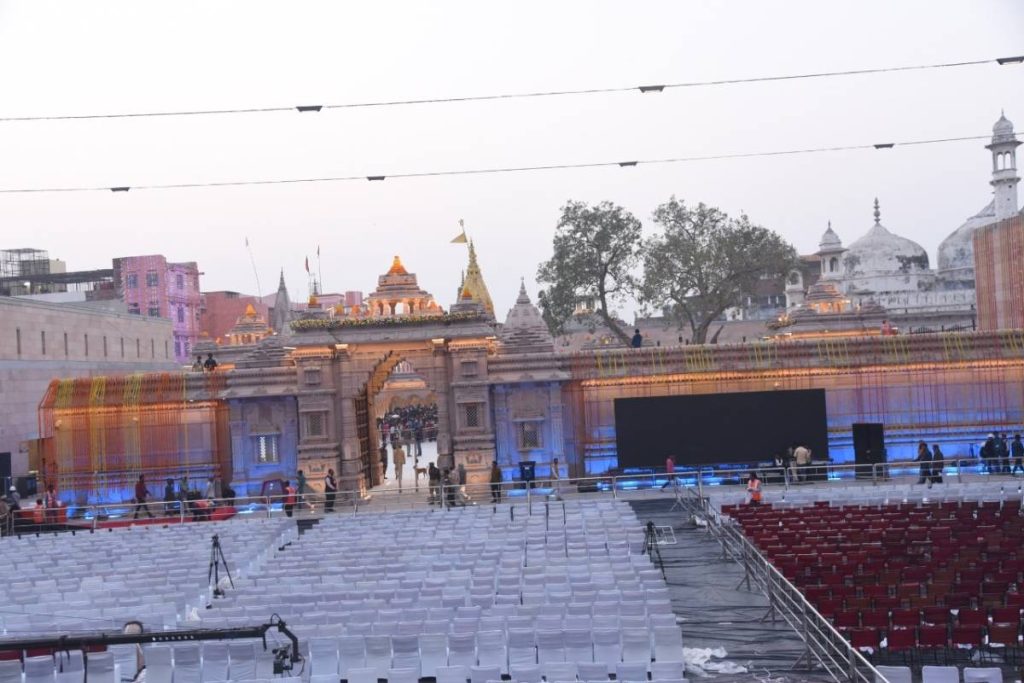
“We want to live in harmony and if our temples are not disturbed, we would certainly not want any trouble on such issues. The people of Mathura are certainly not looking forward to any clashes with any community,” said Ram Lal Sharma, a local businessman.
Mathura, and also Kashi, are not feasible as election issues for the 2022 polls in Uttar Pradesh and the Bharatiya Janata Party seems to have realised this well in time.
Disputes related to both the shrines are already in court and the decision on them may take several years.
Meanwhile, in Varanasi, the inauguration of the grand Kashi Vishwanath temple corridor on December 13, seems to have pushed the Gyanvapi mosque issue out of focus.
“The Kashi Vishwanath temple has already attained a new glory and magnificence. The temple is a grand entity on its own so the presence of the mosque does not affect us,” said Pandit Ram Narain Acharya, a 73-year-old priest in Sigra locality.
Most residents of Varanasi now believe that raking up the Gyanvapi controversy would serve no purpose since the ‘temple has its own place and significance’ after the renovation.
Both Mathura and Kashi come within the purview of the Places of Worship (Special Provisions) Act, 1991 which seeks to maintain the religious character of shrines as it was at the time of Independence.
The Central government will have to repeal the Act if a campaign for the liberation of Mathura and Kashi is launched and this will not be an easy task — socially and politically.
Ayodhya, incidentally had been exempted from the Act, which was passed a year before the demolition of Babri mosque.
One major factor which sets Ayodhya apart from Mathura and Kashi is that the Ayodhya movement was initiated and pursued rather aggressively by the Vishwa Hindu Parishad (VHP) and its leaders that included Ashok Singhal and Praveen Togadia.
Both the leaders had managed to turn the campaign for the temple into a people’s movement and the active involvement of the common man was evident in all programmes held by the VHP for the Ram temple.
The call for Kashi and Mathura does not have the active involvement of the VHP though some leaders have spoken about it randomly.
Moreover, even the present VHP leadership is not as aggressive as Singhal and Togadia and may not be able to whip up similar passions for these two shrines. The VHP does not seem adequately interested to do so either.
The All India Akhara Parishad, the apex body of priests, had declared in October 2019 that it would soon launch an agitation to demolish the mosques in Mathura and Varanasi but that has not happened so far.
The BJP, which was propelled into becoming the dominant political force in the country because of the Ayodhya movement, is also not very interested in pursuing the Kashi and Mathura issues. So, it seems.
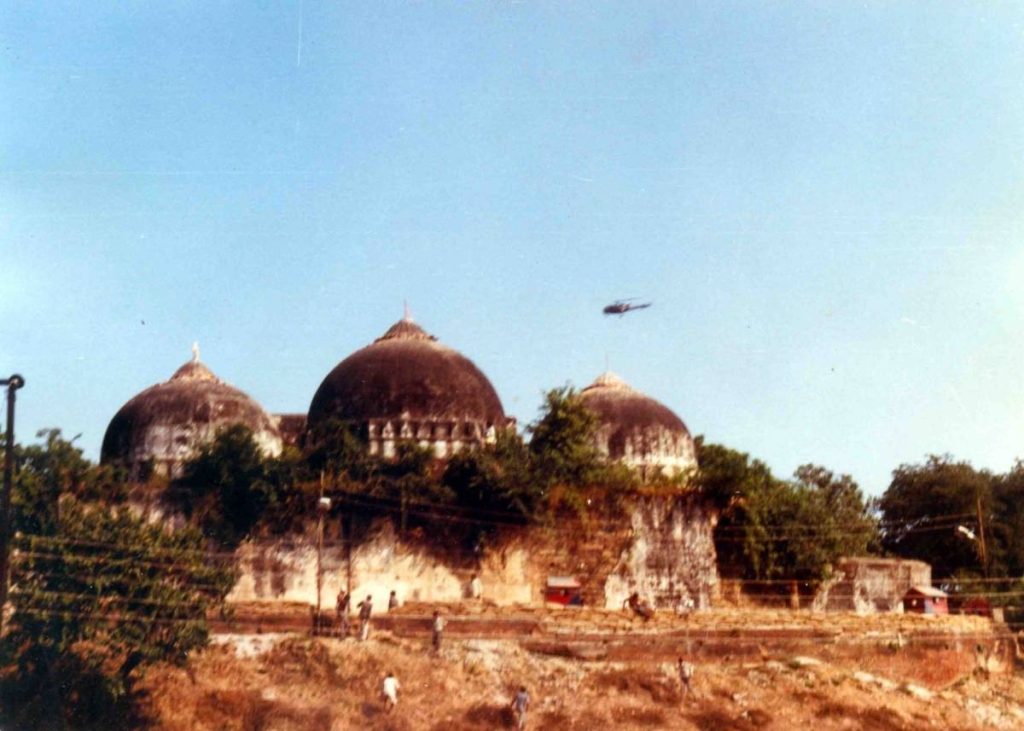
“When we have the governance and charisma of Prime Minister Modi to boast about, why rake up contentious issues? Muslims have started supporting us in large numbers and there is no need to take up these issues. The Prime Minister has imparted unmatched grandeur to the Kashi Vishwanath temple and we are sure he will do something similar in Mathura without disturbing the Eidgah,” said a senior BJP functionary who did not wish to be named.
The Shahi Idgah in Mathura and the Gyanvapi mosque in Varanasi are not the only two Islamic shrines under threat from the right-wing Hindu organisations affiliated with the Sangh Parivar.
Court cases are ongoing over the Qutub Minar and the Tile Waali Masjid in Lucknow. The cases are being pursued with arguments that match those made previously over the Babri Masjid — first try to ‘prove’ their argument, and if that fails, then claim that it is a ‘matter of faith’ that cannot be subject to judicial scrutiny.
However, since the people have apparently moved ahead of such issues and are focusing on a better tomorrow, issues like Kashi and Mathura are unlikely to turn into poll issues.
ALSO READ-Mathura To Drain Akhilesh’s Popularity


